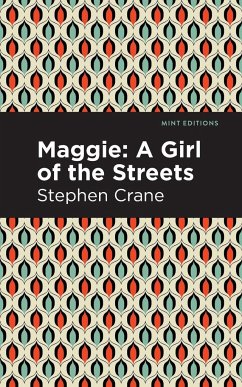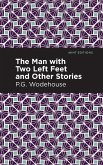Maggie: A Girl of the Streets (1893) is a novel by American writer Stephen Crane. Self-published by Crane when the author was only 22 years old, Maggie: A Girl of the Streets has since been recognized as the first work of American literary Naturalism. Inspired by his experience as a working reporter in Manhattan, Crane sought to explore the effects of poverty, alcoholism, and abuse on a character whose determination and moral goodness are entirely ill-suited for survival. The story begins with Jimmie Johnson, a young boy whose family lives in squalor in Manhattan's Bowery neighborhood. When he tries to fight a gang of older boys, Jimmie is saved by his best friend Pete, only to go home to parents who-in a drunken rage-frighten and abuse their three young children. The deaths of their father and young brother Tommie place an enormous burden Jimmie, who works as a teamster to support himself and his alcoholic mother. Although Maggie finds work as a seamstress and begins a promising relationship with Jimmie's childhood friend Pete, her life is derailed by her family's resentment and by the hypocrisy of her community. Forced onto the streets, Maggie Johnson must do whatever she can to survive. Maggie: A Girl of the Streets is a gritty novel that takes a hard look at the lowest and darkest parts of American society in the age of industry. What it finds is a loss of morality and a need for not only assistance and education, but a complete reassessment of what it means to be human. With a beautifully designed cover and professionally typeset manuscript, this edition of Stephen Crane's Maggie: A Girl of the Streets is a classic of American literature reimagined for modern readers.
Hinweis: Dieser Artikel kann nur an eine deutsche Lieferadresse ausgeliefert werden.
Hinweis: Dieser Artikel kann nur an eine deutsche Lieferadresse ausgeliefert werden.








